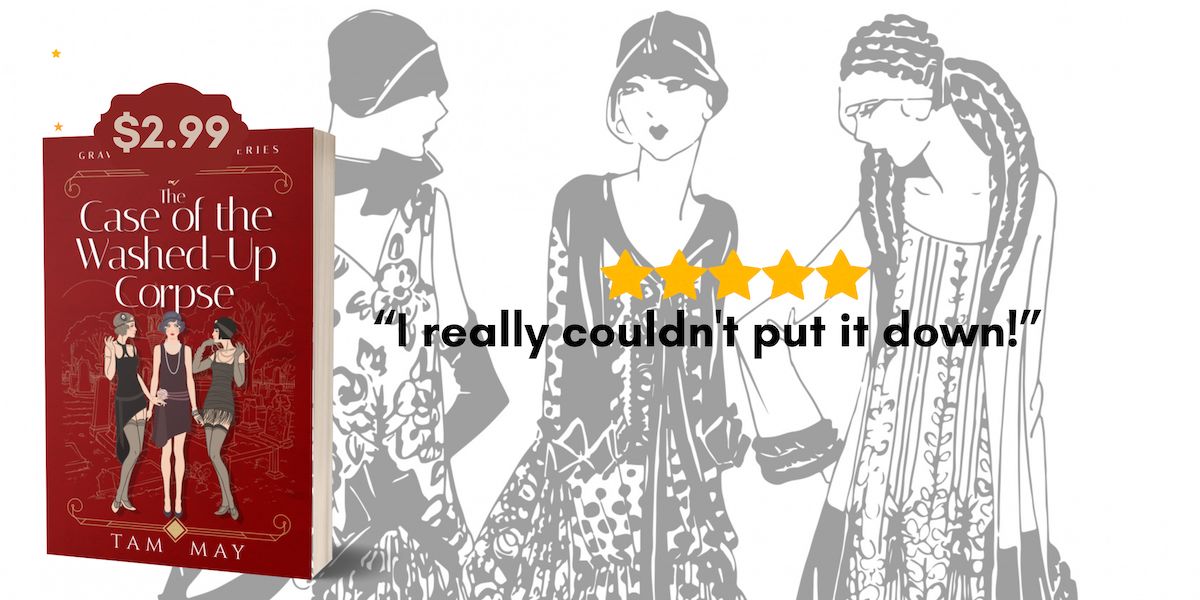I am a huge Stevie Nicks/Fleetwood Mac fan (what can I tell you? I grew up in the 1970s and 1980s). One of the well-known facts about Fleetwood Mac’s bestselling album Rumours is that many of the songs were written in reaction to the multiple break-ups that were happening with the band members at the time. The most famous was between Stevie Nicks and Lindsey Buckingham. But the other members were also going through their own heartbreak. Christine and John McVie were getting divorced and drummer Mick Fleetwood was separated from his wife at the time. If you’re super curious, read this article for more about how souring relationships influenced this brilliant album.
But giving someone the brush-off via written verse started way before Fleetwood Mac. It dates back to the 19th century with what we now call “vinegar Valentines.”

Photo Credit: Vinegar Valentine: The Suffragette, 1919, John Hopkins University Women’s Suffrage Collection: Special Collections at John Hopkins/Flickr/CC BY NC ND 2.0 DEED
What are vinegar Valentines? We all know Valentine’s Day cards express love and devotion, right? Vinegar Valentines were completely the opposite. These little bombs either told off a past or present suitor or discouraged a would-be suitor from pursuit.
This form of valentine became very popular in the 19th and early 20th century with the rise of the written form in the United States (which is one reason why the protagonist of my Adele Gossling Mysteries series is a stationery store owner and epistolary expert). Since there was no email or text messaging at the time, people communicated through letters, postcards, and other written forms. So Valentine’s Day cards became another form of communication.
In general, these valentines were meant to be more comic and sassy. However, their message could range from light comedy to downright aggressive. Not surprisingly, many of these vinegar Valentines were sent anonymously so the sender would never suffer the repercussions of his or her vicious message.
Just how bad were they? You can judge for yourself by checking out the slider (about a third of the way down the page) on this page.
One of the main targets of these vinegar Valentines was suffragists. Women who fought for the right to vote were, in the eyes of many Victorian men (and, sadly, some women) “unfeminine” and “unwomanly” so who could be more fitting to receive the vinegar message on the day that represents love and courtship (which puts women firmly in the separate spheres) than women who believed they and other women should transcend the barriers of love and marriage?
Thankfully, vinegar Valentines began to fall out of fashion after World War I, and today we rarely see Valentine’s Day cards that are more than mildly annoying in their sense of humor.
If you want to read how Adele uses her epistolary expertise to help the police of Arrojo solve crimes, look no further than Book 1, The Carnation Murder. It’s free on all bookstore sites! Check out this page for more about the book and links where you can download it.
If you love fun, engaging mysteries set in the past, you’ll enjoy The Missing Ruby Necklace! It’s available exclusively to newsletter subscribers here. By signing up, you’ll also get news about upcoming releases, fun facts about women’s history, classic true-crime tidbits, and more!

